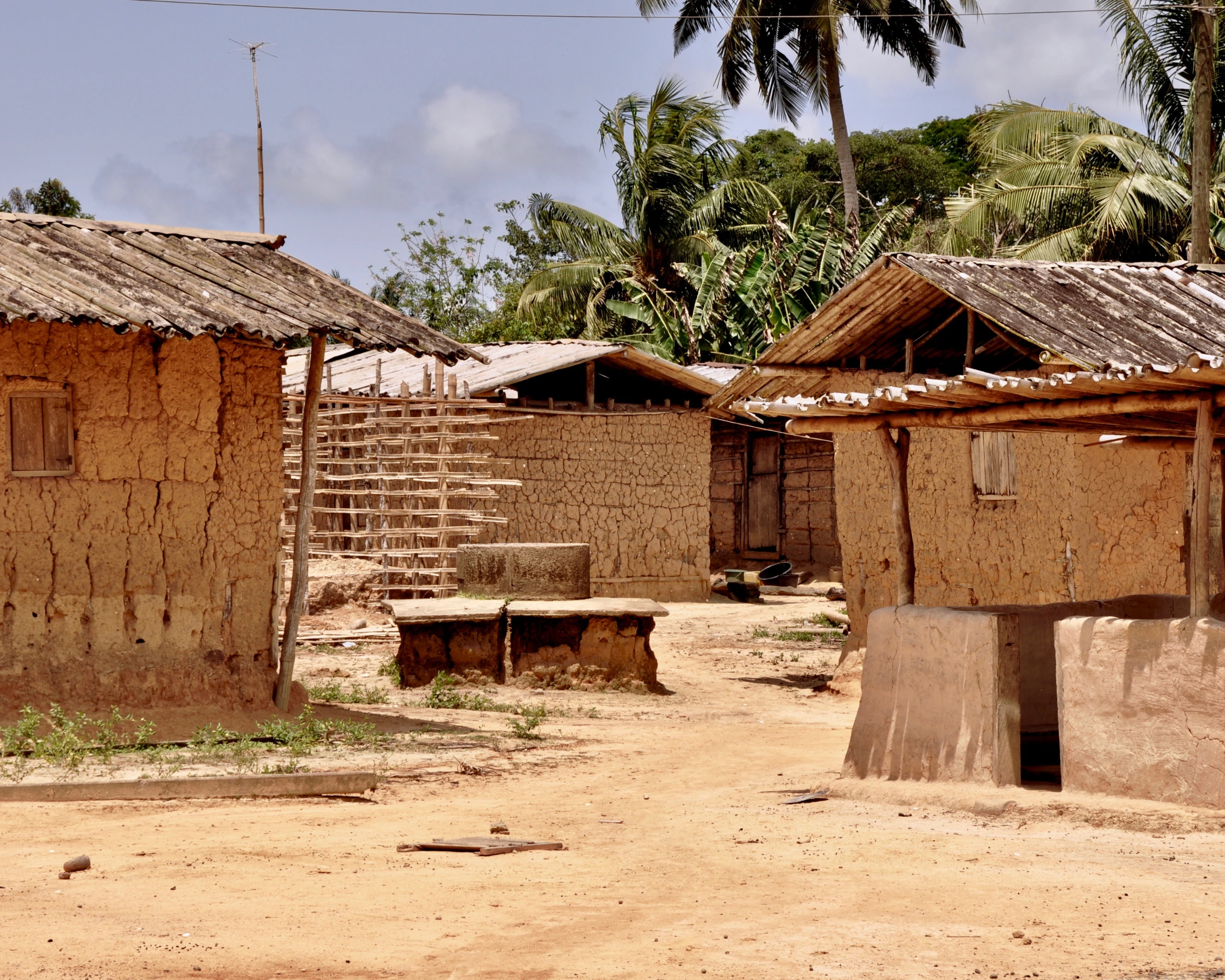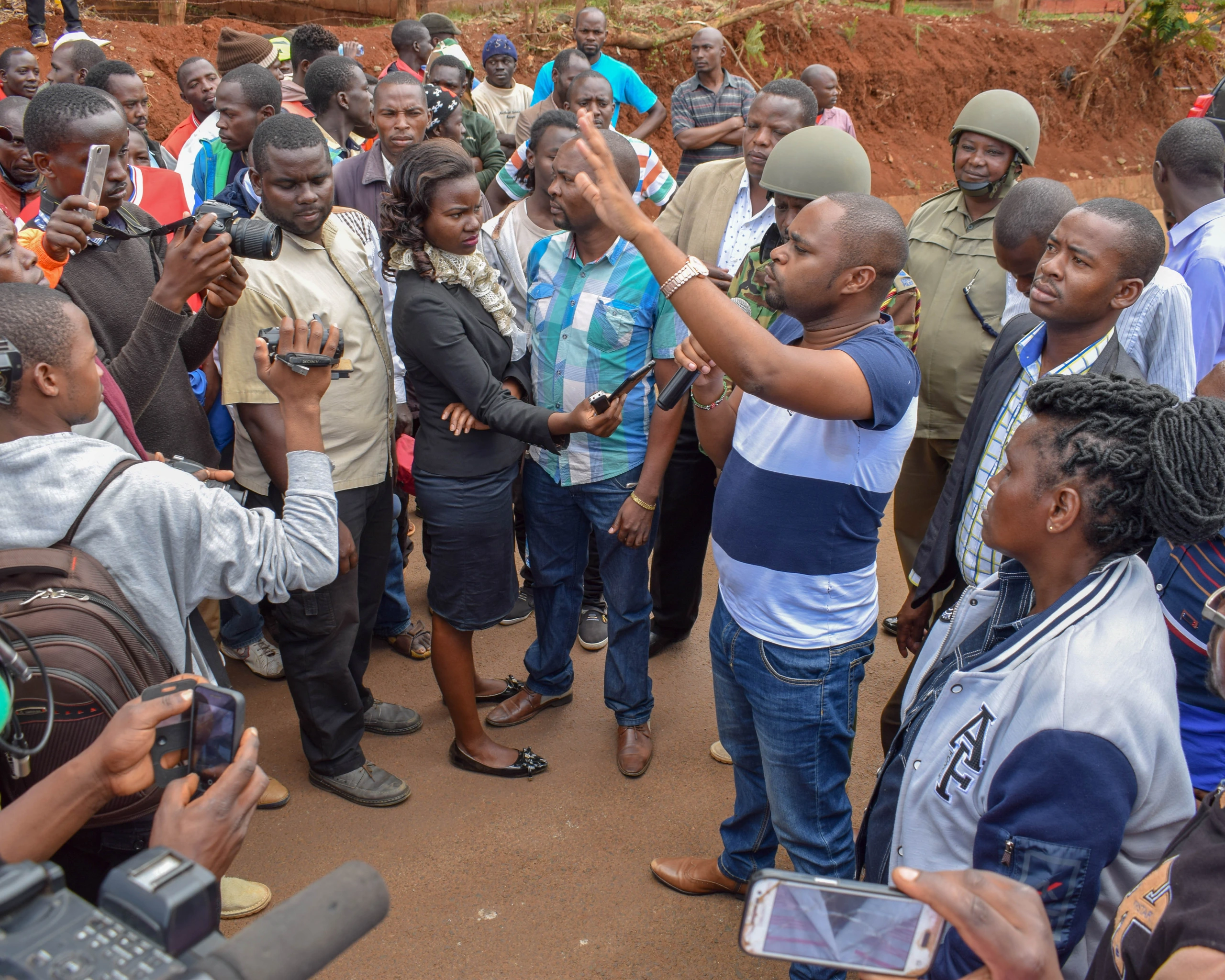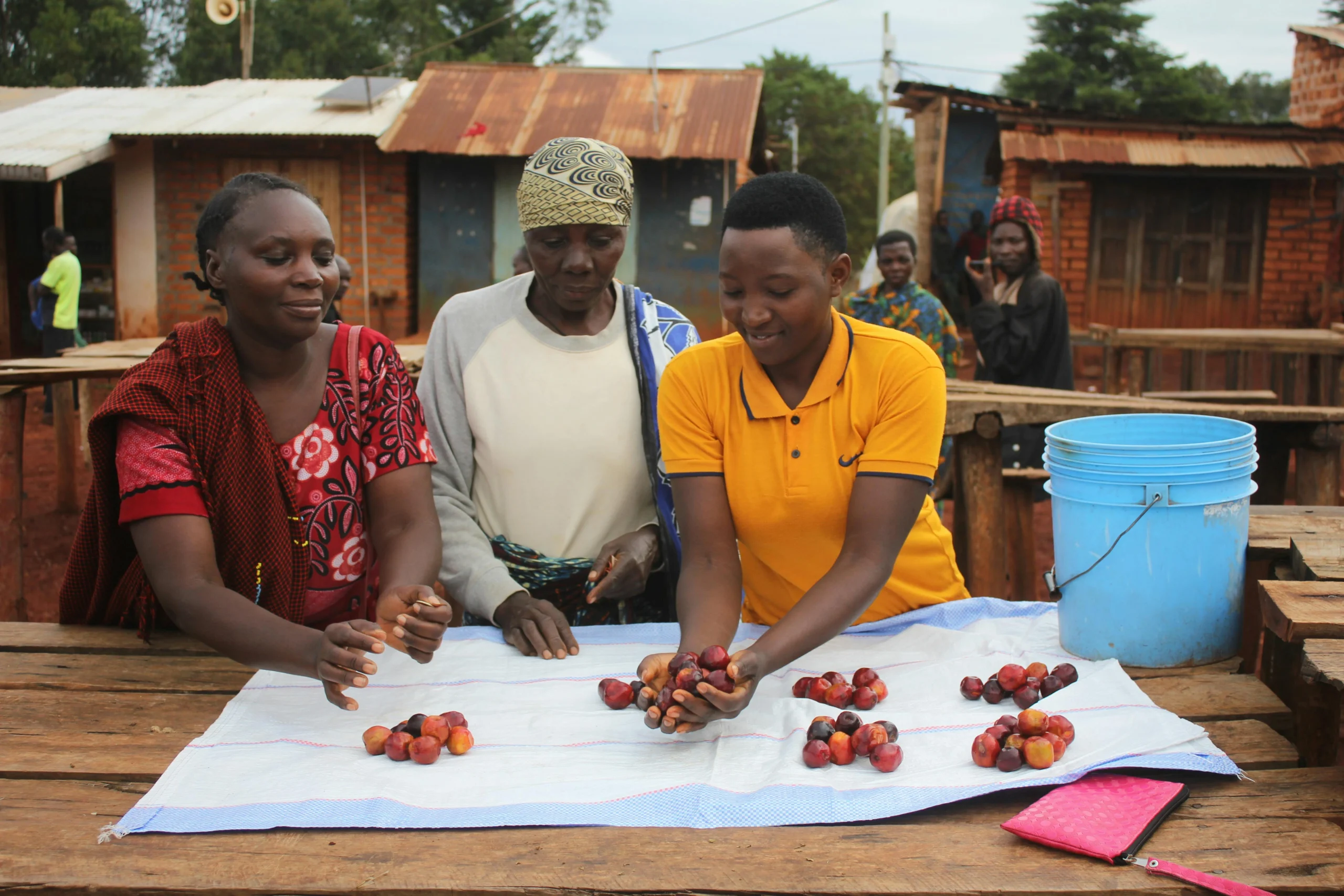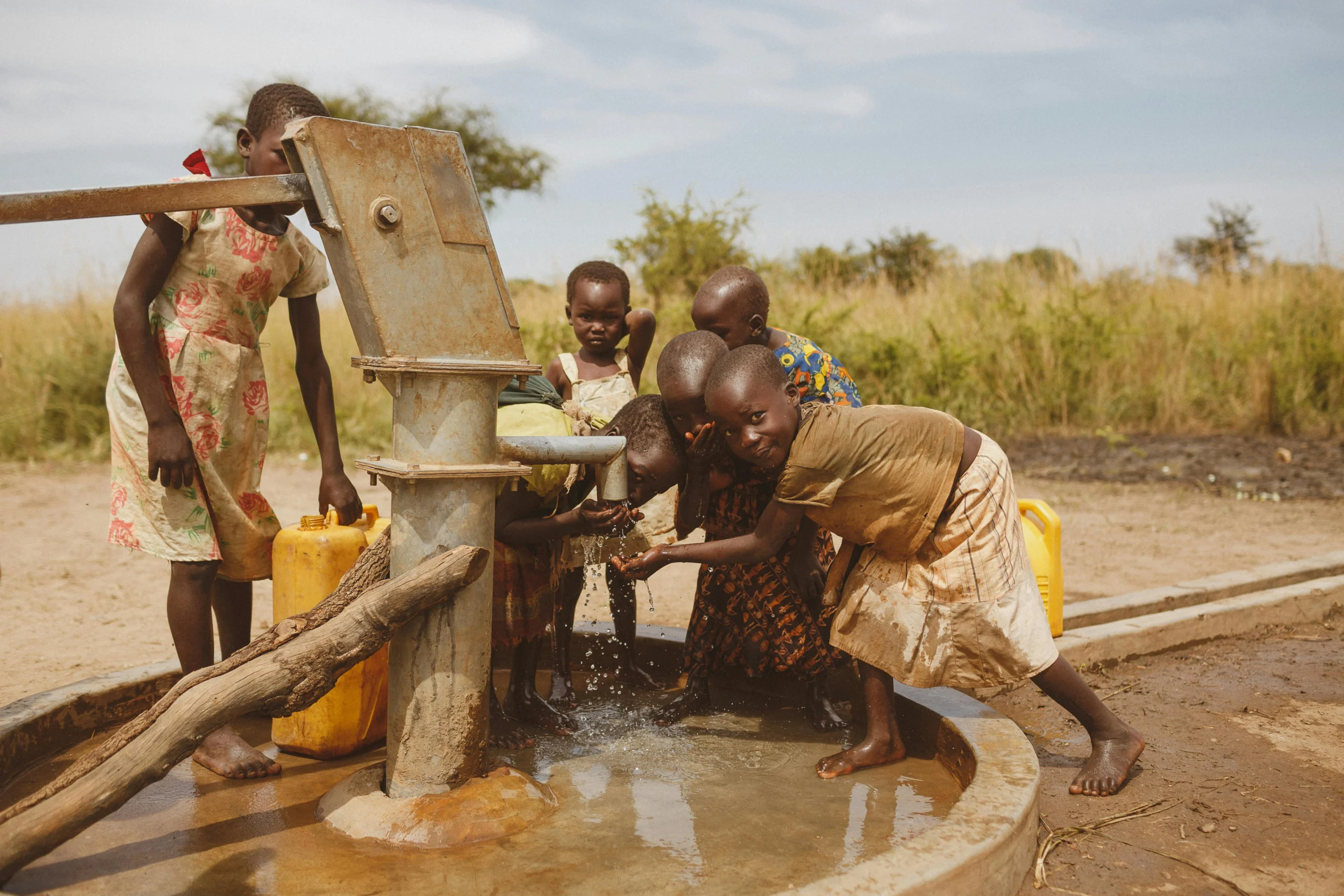When disaster strikes, whether it is a devastating earthquake, a massive flood, a deadly epidemic, or a conflict-induced humanitarian crisis, non-governmental organizations (NGOs) are often among the first to respond. Operating with urgency, compassion, and experience, these organizations mobilize quickly to bring life-saving support to affected populations. In many cases, they reach areas before official government responses are fully underway, providing an immediate sense of hope and relief for communities facing chaos and loss. From delivering clean drinking water, food supplies, and essential medical care to setting up emergency shelters and safe spaces for displaced families, NGOs serve as a vital bridge between catastrophe and stability. International organizations like the Red Cross and Doctors Without Borders have developed robust systems to manage large-scale emergency responses, deploying skilled personnel, mobile clinics, and logistic teams to the heart of disaster zones. Their expertise allows them to coordinate with governments, local partners, and other aid agencies to avoid duplication of efforts and ensure that resources are distributed efficiently and fairly. At the same time, countless smaller NGOs focus on grassroots efforts, bringing localized knowledge and cultural sensitivity to their work. These organizations often serve as lifelines for marginalized or remote communities, offering targeted support that is both rapid and deeply relevant. Whether it is a local team in Southeast Asia helping villagers recover after a typhoon or a youth-led group distributing supplies in war-torn regions, their presence makes a measurable difference. The work of NGOs does not end when the headlines fade. Beyond emergency relief, they commit to long-term rehabilitation and recovery. This includes rebuilding infrastructure such as homes, schools, and healthcare centers, restoring livelihoods, and offering psychological support to help people cope with trauma. They also play a critical role in disaster preparedness by conducting risk assessments, offering training, and equipping communities with the tools and knowledge needed to face future threats with greater resilience. The importance of these organizations goes beyond the physical aid they provide. NGOs also promote solidarity, reminding the world that in times of crisis, humanity must come together. Their efforts highlight the value of empathy, coordination, and long-term commitment not just to repair what has been lost but to build stronger, more prepared communities for the future. 🌍 Their presence in these moments of need sends a powerful message: no one is truly alone, even in the darkest of times. ❤️
NGOs on the Frontlines of Environmental Protection
In the face of an escalating climate crisis, non-governmental organizations (NGOs) are emerging as some of the most dynamic and dedicated defenders of the planet. These organizations, often working tirelessly with limited resources, are at the forefront of a global movement to protect our environment, restore damaged ecosystems, and promote a more sustainable future for all. From dense rainforests to coral reefs, environmental NGOs like Greenpeace and The Nature Conservancy are tackling a wide range of pressing challenges. Their efforts include fighting large-scale deforestation in the Amazon, cleaning up plastic-choked oceans, preserving endangered wildlife, and advancing renewable energy solutions in regions where fossil fuels still dominate. These groups don’t operate in isolation—they actively collaborate with local governments, indigenous communities, scientists, and international bodies to implement practical, long-term strategies that foster ecological balance and resilience. One of the most inspiring aspects of today’s environmental movement is the rise of youth-led NGOs. Organizations like Fridays for Future, founded by climate activist Greta Thunberg, have sparked a powerful global conversation about the urgent need for climate action. With marches, school strikes, and social media campaigns, young people are holding leaders accountable and demanding bold policy changes to address carbon emissions, environmental justice, and intergenerational equity. Their activism is not only reshaping public discourse but also injecting new energy and creativity into the environmental sector. This article dives into the remarkable stories of these NGOs—both large and small—and the innovative approaches they’re using to combat climate change. From rewilding once-barren landscapes and replanting native forests, to developing sustainable farming models and lobbying for green legislation, these organizations are proving that dedicated people can make a profound difference. Whether by restoring habitats, reducing plastic use, or advocating for environmental education, NGOs are helping pave the way toward a more livable planet.
Challenges Faced by NGOs and How They Overcome Them
Operating a non-governmental organization is far more complex than it may appear from the outside. While their work often centers on compassion, service, and change-making, the daily realities behind the scenes are filled with constant challenges that test their resilience and adaptability. From securing adequate funding to navigating complex political landscapes, NGOs must overcome a variety of obstacles just to continue their operations, let alone expand their impact. One of the most persistent challenges is financial sustainability. Unlike corporations that generate revenue or government programs backed by national budgets, NGOs often rely on donations, grants, and sponsorships. These funding sources can be unpredictable and limited, forcing organizations to make difficult decisions about where to allocate their resources. As a result, some critical needs may go unaddressed simply because there is not enough funding to cover every important initiative. In addition to financial constraints, NGOs also contend with political pressures and restrictive legal environments, particularly in regions affected by conflict or governed by authoritarian regimes. In such environments, NGOs may face surveillance, censorship, or even direct interference in their work. Humanitarian aid efforts can be delayed or denied outright, and staff members sometimes put their safety at risk to deliver services in volatile areas. Despite these difficulties, many organizations find creative ways to continue their missions, even under significant pressure. Adaptability is key to survival in this field. NGOs are increasingly embracing innovation to work more efficiently and transparently. Many have begun using digital tools not only to raise funds but also to build trust with supporters. For instance, crowdfunding platforms allow them to reach global audiences and receive small contributions from many individuals, which can quickly add up to significant support. Some organizations are even experimenting with blockchain technology to enhance transparency in donation tracking, ensuring donors can see exactly how their money is used. Collaboration is another powerful strategy. NGOs frequently form partnerships with other non-profits, private companies, and local communities to amplify their efforts and reach. These alliances allow them to share resources, reduce duplication of efforts, and scale successful programs. By pooling knowledge and experience, they create more sustainable and far-reaching impact. Grassroots engagement is equally important. By involving local communities directly in their projects, NGOs not only increase cultural sensitivity and relevance but also strengthen community ownership and long-term success. When people feel heard and included, the outcomes are more meaningful and lasting. Despite the many hurdles, NGOs continue to push forward with determination, guided by a clear vision of positive change. Their ability to innovate, collaborate, and stay committed in the face of adversity is nothing short of inspiring. 🌱 In a world full of uncertainty, these organizations remain steadfast beacons of hope, working every day to create a more just, compassionate, and sustainable future for all. 🌍
Empowering Women Through NGO Initiatives
Women’s empowerment is more than just a mission; it is a powerful force for shaping a brighter future. Across continents, NGOs are putting women at the center of their work, understanding that supporting women’s rights fuels progress at every level of society. From rural villages to urban neighborhoods, these organizations are helping women unlock opportunities for growth, security, and leadership. Whether through education, economic inclusion, healthcare access, or protection from gender-based violence, NGOs are working to eliminate the barriers that keep women from thriving. They deliver real-world tools such as vocational training, legal support, and mentorship while also fighting for long-term change through policy reform and advocacy for equal rights. Programs such as microfinancing have had particularly powerful results. By offering women small, interest-free loans to start businesses, NGOs enable them to gain financial independence and stability. Women once excluded from formal economies are now running shops, farming sustainably, or crafting goods for export. Vocational and skills training further opens doors, helping women secure better-paying jobs and become community leaders. Global NGOs like CARE and the Malala Fund are also tackling one of the most critical components of empowerment: education. In areas where girls are often denied access to learning, these organizations build schools, train teachers, and provide resources to help girls complete their studies. Education not only transforms individual lives; it gives girls the power to change their families, their communities, and eventually, the world. 🎒 The impact of women’s empowerment does not stop with the individual. Empowered women are more likely to reinvest in their families, ensure their children attend school, support healthier lifestyles, and lead grassroots change. Their contributions fuel local economies, strengthen social cohesion, and pave the way for future generations. ⚙️ This article explores successful NGO-led programs that are creating meaningful, lasting change. You will discover powerful stories of women who rose from poverty, challenged societal norms, and now serve as role models and changemakers. Their journeys prove that when we invest in women, we invest in a stronger, more equitable future for everyone.
Sustainable Development
The Sustainable Development Goals (SDGs), adopted by the United Nations in 2015, represent an ambitious blueprint for creating a more just, inclusive, and sustainable world by 2030. These 17 interconnected goals range from ending poverty and hunger to promoting quality education, gender equality, clean energy, and climate action. While governments play a central role in advancing this global agenda, it is non-governmental organizations (NGOs) that often serve as the bridge between policy and real-world impact. NGOs operate on the frontlines, turning high-level goals into tangible action. Their grassroots presence, flexibility, and deep connections with local communities allow them to implement practical solutions tailored to the unique challenges faced in different regions. From building schools and providing scholarships to rural children, to offering vocational training for women, improving access to clean water, and promoting sustainable farming techniques, NGOs are helping to bring the vision of the SDGs to life. Organizations such as BRAC and World Vision have demonstrated the power of scalable, community-driven interventions. BRAC, for instance, has pioneered integrated development models that address multiple SDGs at once, including poverty reduction, health care access, and female empowerment. World Vision’s work in child protection and disaster response aligns closely with global efforts to create resilient, inclusive societies. 🌾 One of the key strengths of NGOs is their ability to collaborate across sectors. By partnering with international development agencies, private corporations, academic institutions, and local governments, they foster innovation, share best practices, and amplify the reach and effectiveness of their programs. These partnerships enable NGOs to not only deliver services but to advocate for long-term policy change and systemic reform. Equally important is the strong emphasis NGOs place on transparency, accountability, and data-driven decision-making. Through rigorous monitoring and reporting, they build trust with donors, communities, and stakeholders, ensuring that resources are used efficiently and that progress can be measured and improved. 📊 This article delves into the diverse and dynamic role NGOs play in advancing the SDGs. It highlights inspiring examples of how they are making real progress in the fight against global inequality, climate change, and social injustice. As the 2030 deadline approaches, the unwavering commitment and innovative spirit of NGOs remain essential to ensuring that no one is left behind.





